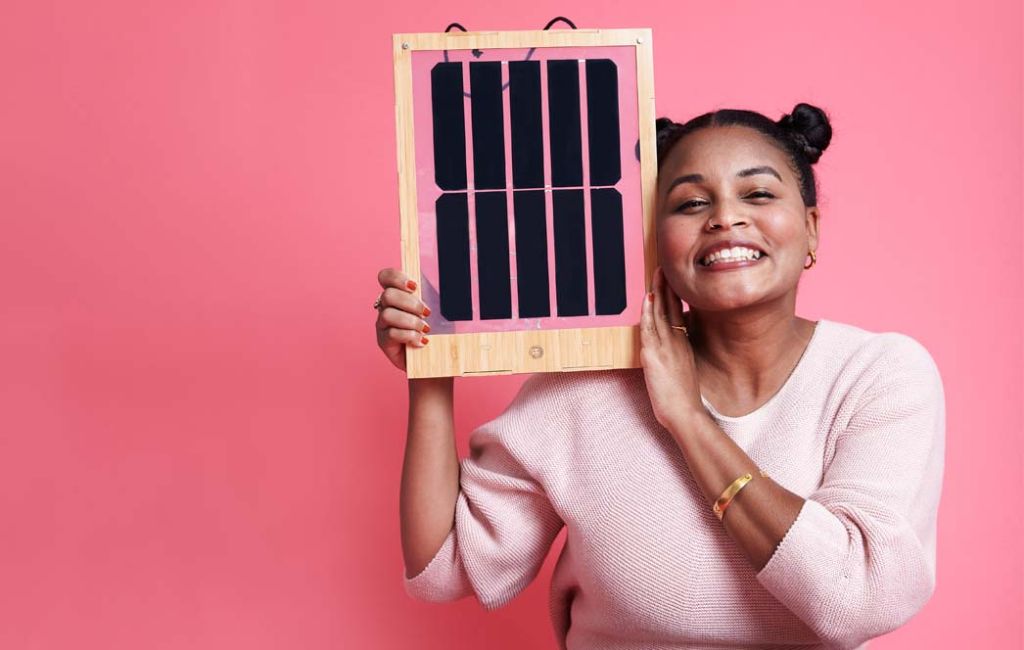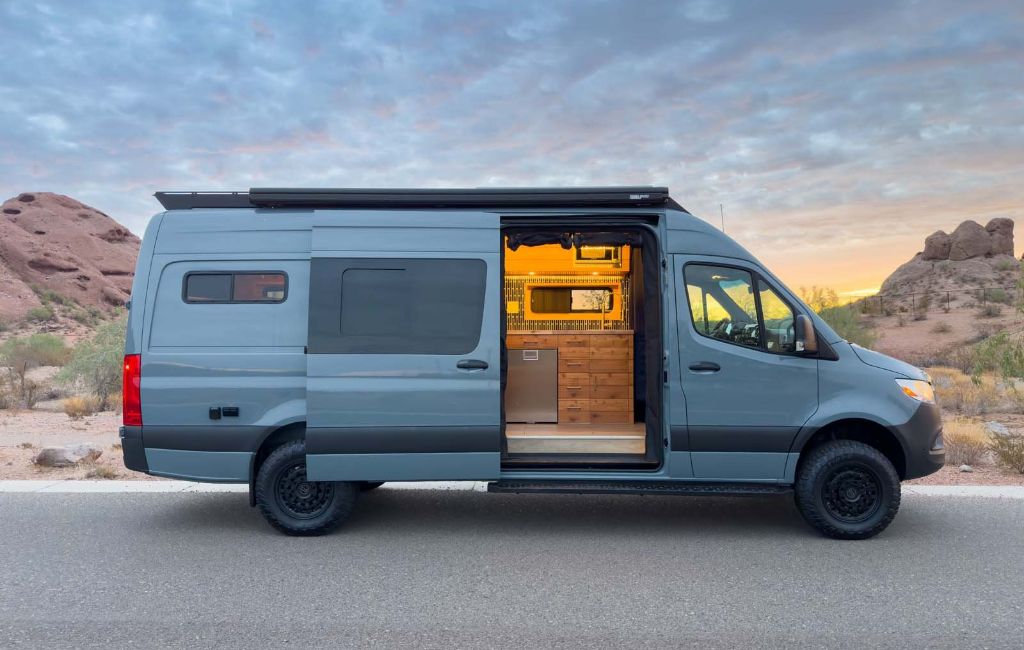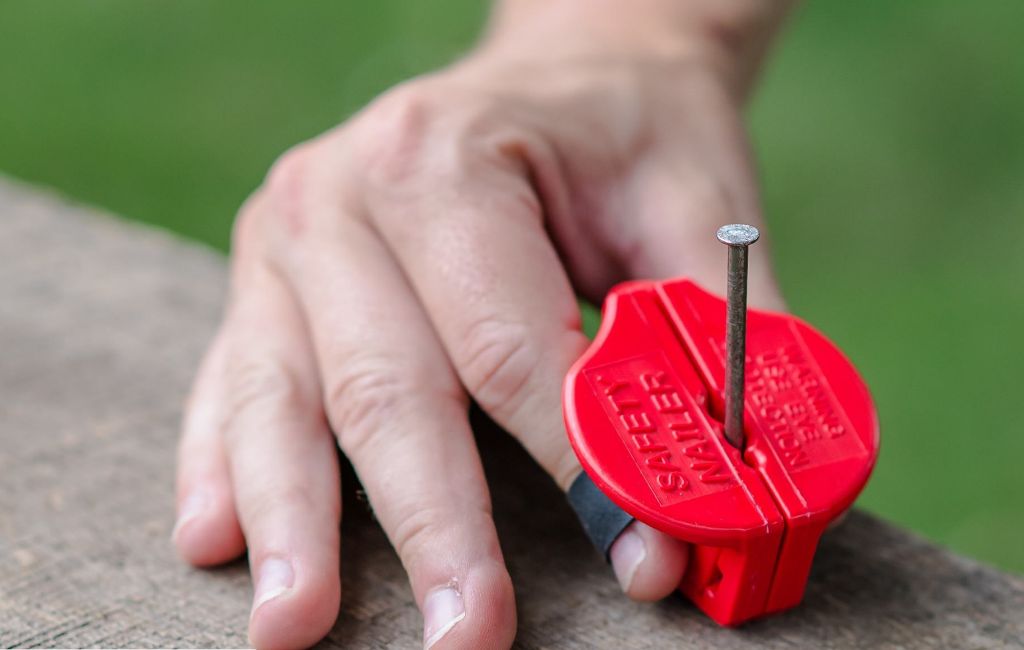Grouphug Solar – Window Solar Chargers
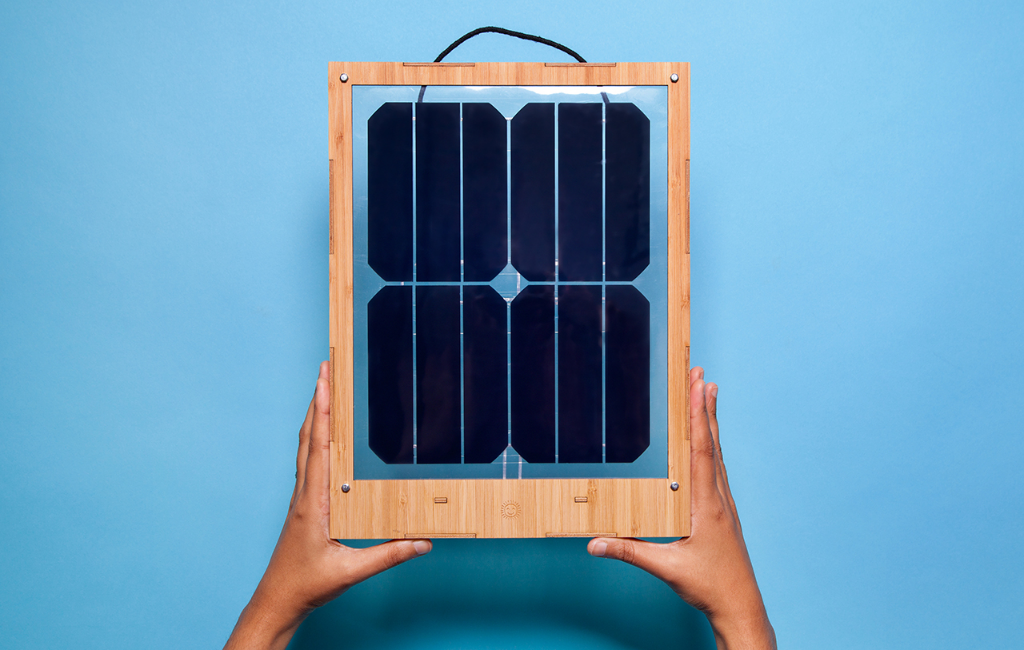

DEAL
EPISODE SUMMARY
🕓 Air Date: March 20, 2020
Asking For:
$150,000 for 10%
Investor:
Mark Cuban
Deal:
$150,000 for 25%
PRODUCT SUMMARY
Grouphug offers an innovative window solar charger, providing a convenient way to harvest solar power for charging devices without the need for rooftop installation.
WATCH HERE
IN A RUSH?
Click these to jump to the section you want to read.
Background Story
Krystal Persaud, a creative technologist with a background in consumer electronics, founded Grouphug after recognizing the challenges of accessing solar power in urban environments like New York City. Her experience at littleBits, a tech startup in the toy space, contributed to her skills as an industrial designer.
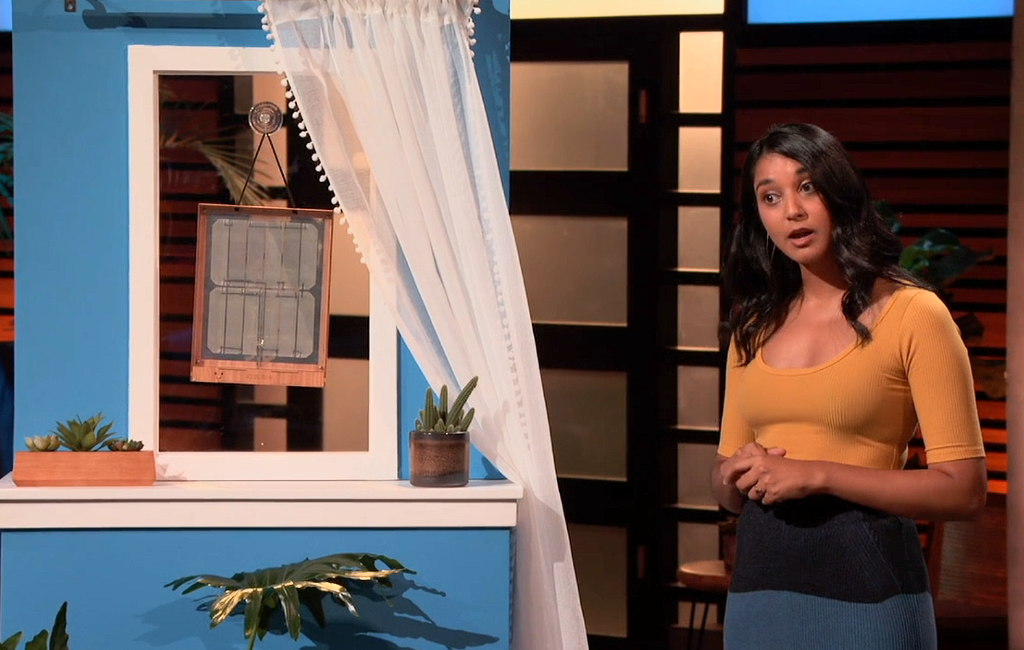
A first-generation American with Guyanese roots, Krystal pursued her passion for design despite familial expectations. Inspired by the desire to make solar energy accessible to everyone, she created the Grouphug window solar charger, aiming to blend efficiency with aesthetics.
The Product
Grouphug’s window solar charger is a 10-watt panel with a 2,200 milliamp-hour battery, allowing users to charge small devices, such as phones and tablets, day or night. The installation is simple, requiring users to hang the solar charger in a window.
The bamboo frame adds an aesthetic touch, designed to seamlessly fit into various home decors. Priced at $149, the MSRP, with production costs currently at $42 (at 1,000 units), can potentially drop to $35 for larger quantities.
The product started as a Kickstarter project, surpassing its $10,000 target with $80,000 in sales since the official launch in June. While the production process initially involved Krystal’s hands-on efforts, the manufacturing has shifted to a factory in Shenzhen, ensuring scalability and refinement of the product for a broader market.
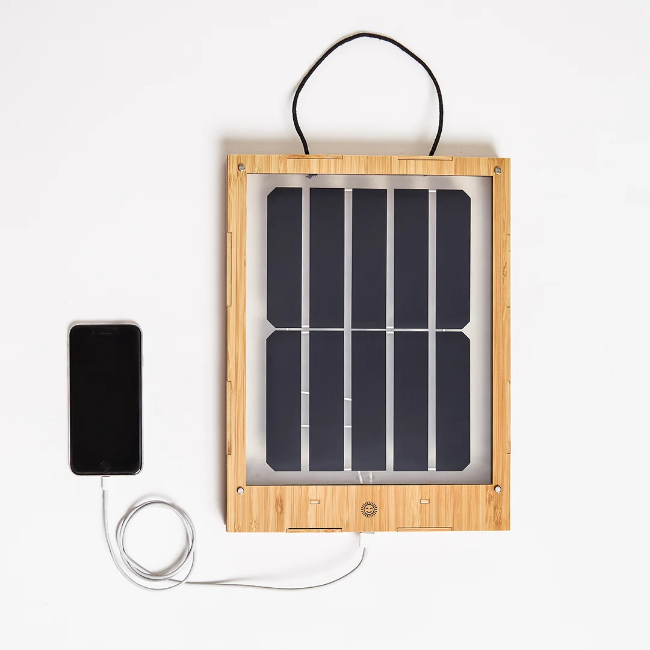
How It Went
The company’s position before Shark Tank
Grouphug has achieved $80,000 in sales since its launch in June, surpassing its Kickstarter goal of $10,000. The production cost of $42 per unit (at 1,000 units) has the potential to decrease to $35 with larger quantities. The company currently operates with funding from sales and had not shipped the $80,000 worth of products at the time of the pitch. Krystal’s connections in Shenzhen and her experience in consumer electronics contribute to the product’s manufacturing process.
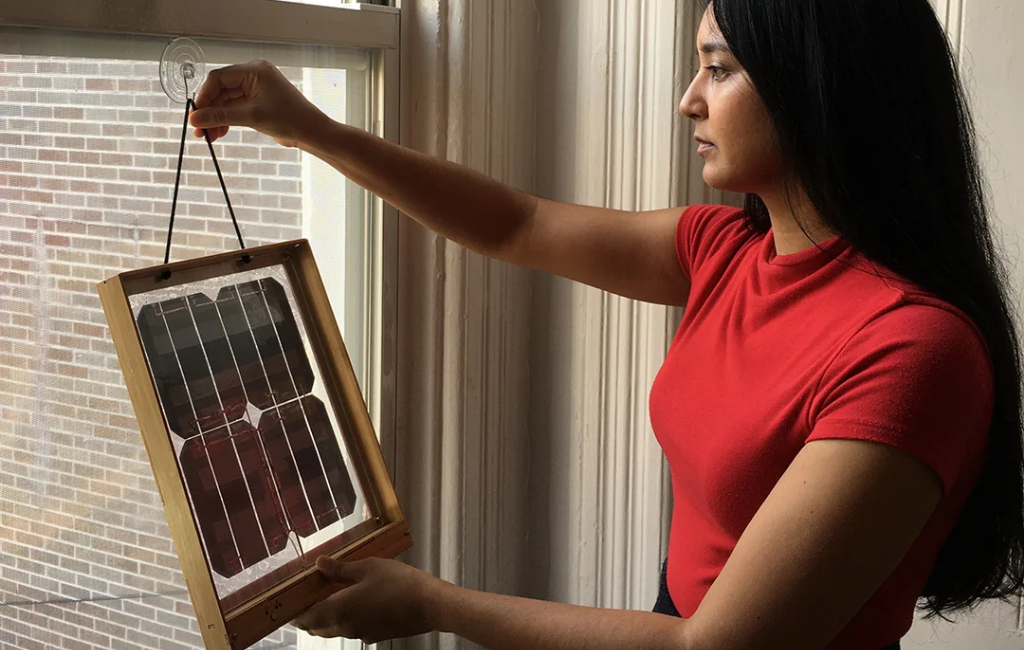
While the focus is on the window solar charger, Grouphug’s larger vision involves creating custom-shaped solar panels for diverse applications, such as Solar Cat, a project exhibited at the New York Hall of Science. However, the Sharks expressed concerns about the product’s marketability and profitability, with some suggesting that the execution and marketing need further refinement.
The Negotiations:
Krystal entered the tank seeking $150,000 for 10% equity in Grouphug. The Sharks were intrigued by the window solar charger concept but raised concerns about its market viability and profitability. Kevin O’Leary was the first to bow out, stating that the product was likely to face challenges in making significant profits. Lori Greiner expressed interest in Krystal’s presentation but felt it was too early to gauge the product’s success and, therefore, opted out.
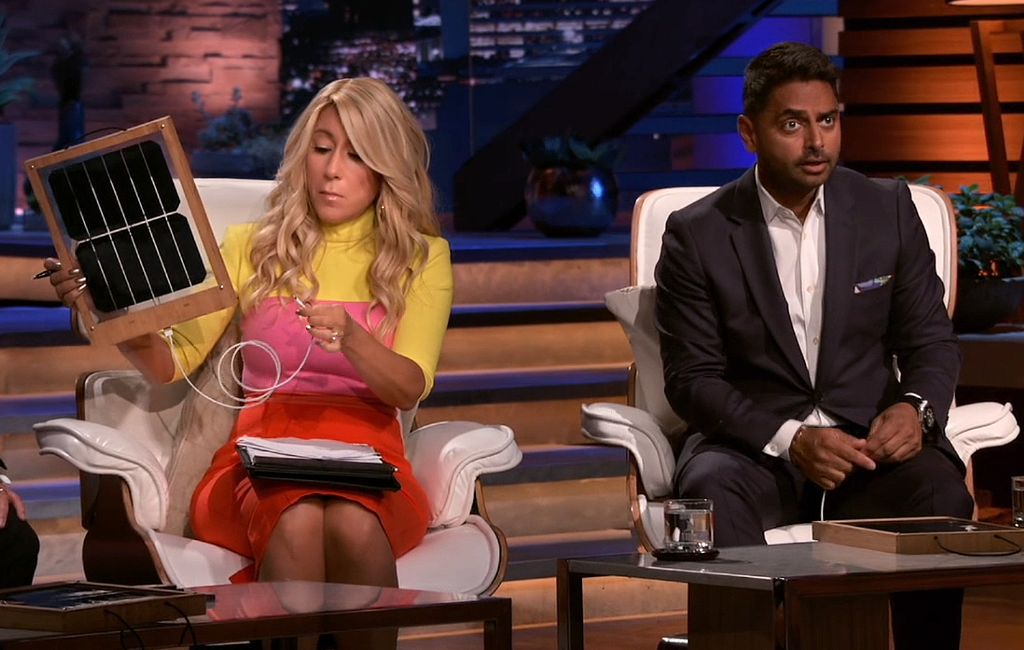
Guest Shark Rohan Oza also decided not to invest, emphasizing the need for special proprietary technology. Mark Cuban appreciated Krystal’s presentation style and creativity but raised concerns about the product’s aesthetics and market readiness. He offered $150,000 for 25% equity, proposing a strategic focus on the Solar Cat concept for potential corporate installations.
Krystal negotiated to reduce the equity stake to 20%, but Mark insisted on 25%, ultimately sealing the deal with a 25% equity investment. The negotiations highlighted the Sharks’ concerns about the product’s scalability and market acceptance, but Mark Cuban saw potential in Krystal’s creativity and vision, making an offer based on the broader applications of solar technology, particularly in corporate installations.
